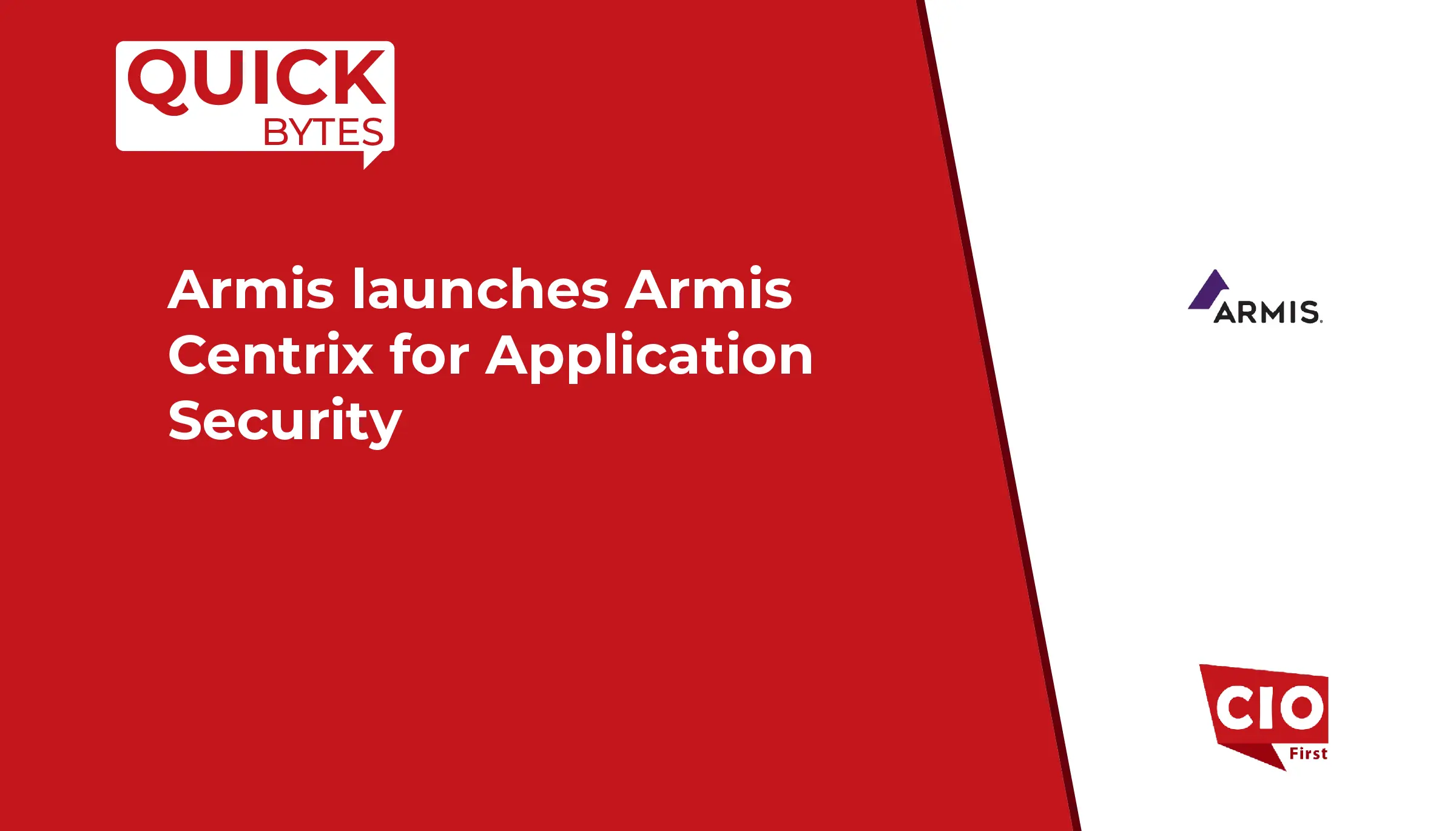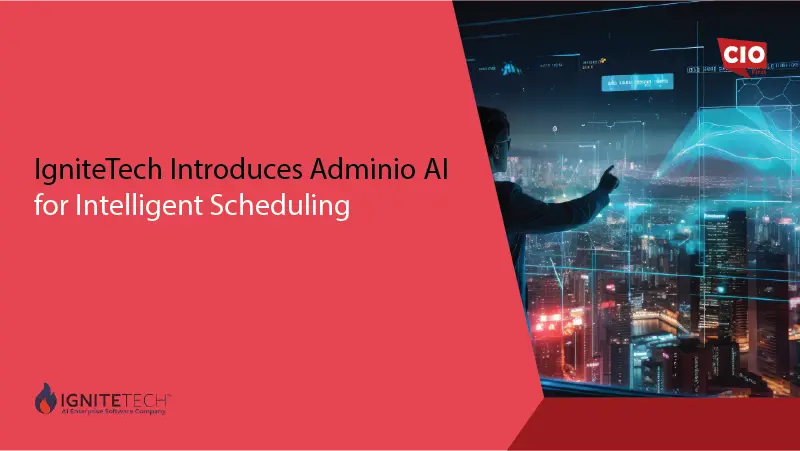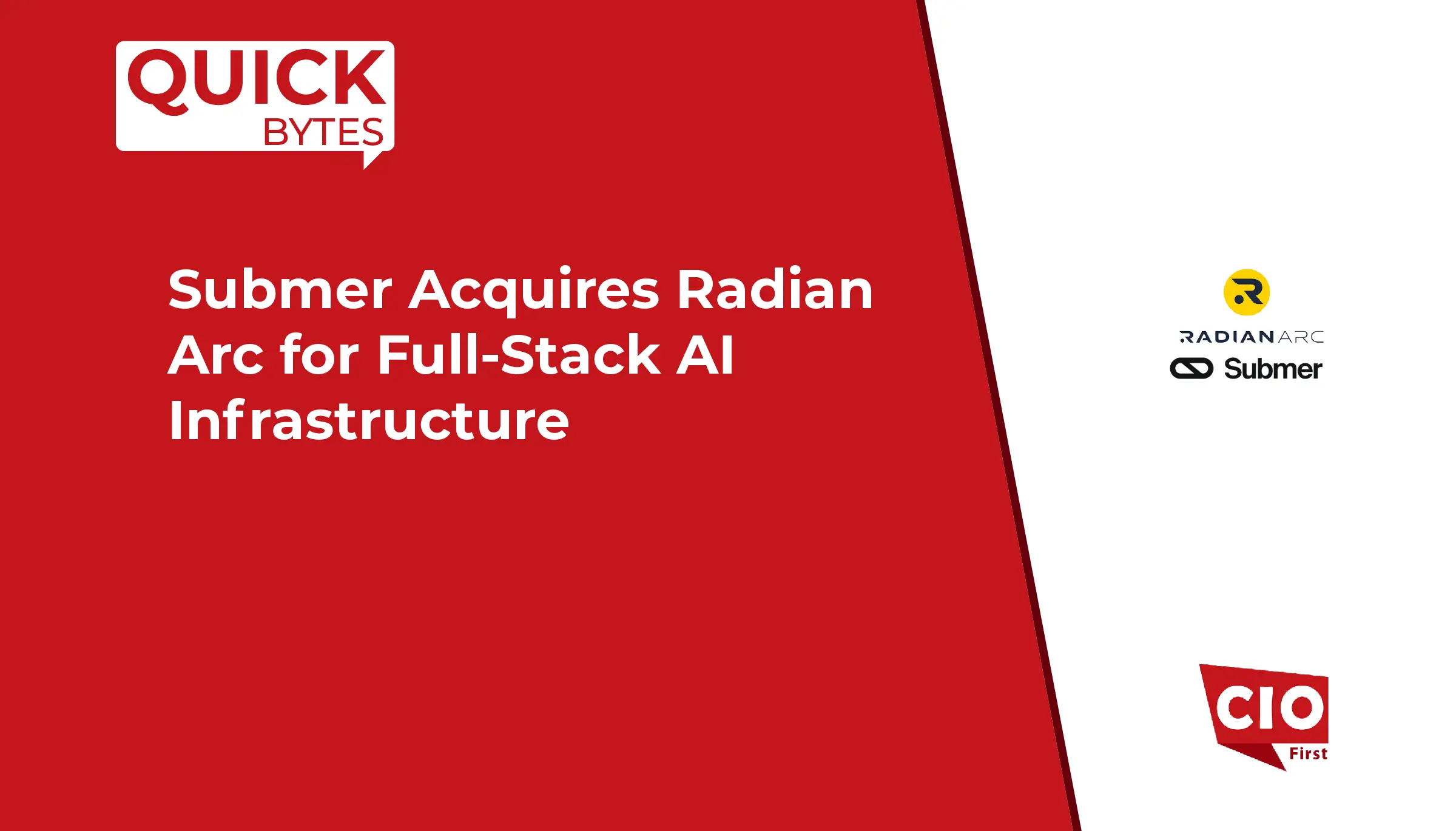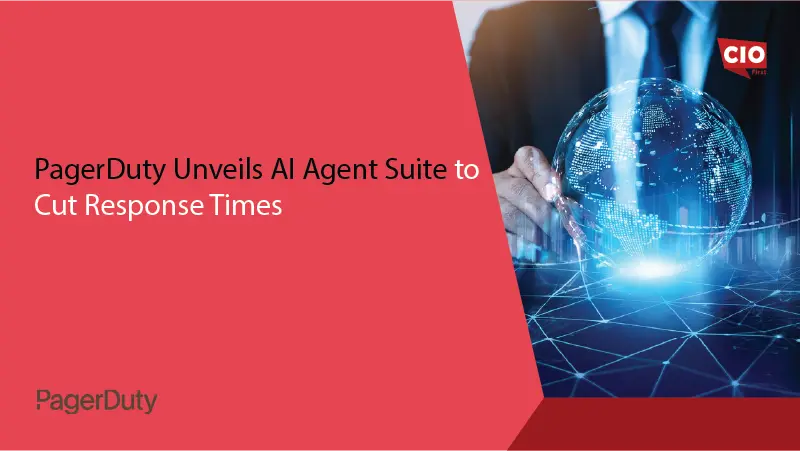PagerDuty, the global leader in digital operations management, announced the launch of the industry’s first comprehensive AI agent suite designed to transform how organizations manage digital operations. Early adopters of the suite have reported up to a 50% faster incident resolution, enabling engineering teams to reclaim thousands of innovation hours across all incidents. The Fall ‘25 release also introduces more than 150 platform enhancements and deep integrations across modern tech stacks, redefining operational resilience and scalability amid growing complexity and risk.
“This is a turning point for digital operations,” said Jeffrey Hausman, chief product development officer at PagerDuty. “PagerDuty’s AI agents are not just automating tasks—they’re transforming how organizations innovate and compete in a world where every second counts. Our customers are already seeing dramatic reductions in downtime and a step-change in engineering productivity.”
AI Agents Shift Incident Management from Reactive to Proactive
The new AI agent suite empowers teams to move beyond reactive incident response. The PagerDuty SRE Agent leverages historical incidents to automatically surface context, recommend diagnostics, and execute remediations. It also generates self-updating runbooks, reducing cognitive load and preventing recurring issues. Early adopters report faster resolution times and significantly reduced on-call fatigue.
-
PagerDuty Scribe Agent: Transcribes Zoom calls and chat conversations in real-time, producing structured summaries and status updates in Slack or Microsoft Teams to ensure no critical details are missed.
-
PagerDuty Shift Agent: Automatically detects and resolves on-call scheduling conflicts, freeing managers and responders to focus on high-impact work.
-
PagerDuty Insights Agent: Provides context-aware answers and proactive recommendations based on PagerDuty analytics, helping teams anticipate and prevent issues before escalation.
Also Read: Teradata Launches Autonomous Customer Intelligence to Transform CX at Scale
Seamless AI Ecosystem Integrations
PagerDuty is extending its AI ecosystem with the general availability of its remote Model Context Protocol (MCP) server, building on the open standard introduced by Anthropic. The MCP server enables seamless bidirectional connections between PagerDuty and third-party AI agents, accelerating operational efficiency. In just two months, over 250 customers have adopted the MCP server to power AI-driven workflows.
“During a recent hack week, we built a PagerDuty MCP extension to connect our open source AI agent, goose, with incident management workflows,” said Will Pfleger, senior software engineer at Block. “This has become a production tool that automates triage and root cause analysis across our teams, and we’re excited to see PagerDuty now provide their own first-party MCP server as this collaboration demonstrates how AI-powered systems can reduce on-call burden and deliver real operational value.”
Enhanced Developer Experience and Proactive Workflows
With deeper integrations for Spotify for Backstage and strengthened chat-native experiences with Slack and Microsoft Teams, PagerDuty embeds AI-powered insights and automation directly into developer workflows. Teams can monitor service health, trigger automated runbooks, and resolve incidents efficiently without context switching. New chat-native experiences and flexible scheduling features further reduce operational toil and empower teams to handle incidents on their own terms.
“Enterprises are struggling with the growing complexity of modern software development and infrastructure as AI adoption accelerates,” said James Governor, analyst and co-founder at RedMonk. “PagerDuty is responding with a platform reliability story focusing on developer experience, open standards such as MCP, and the use of agents to support operations and engineering teams.”
























